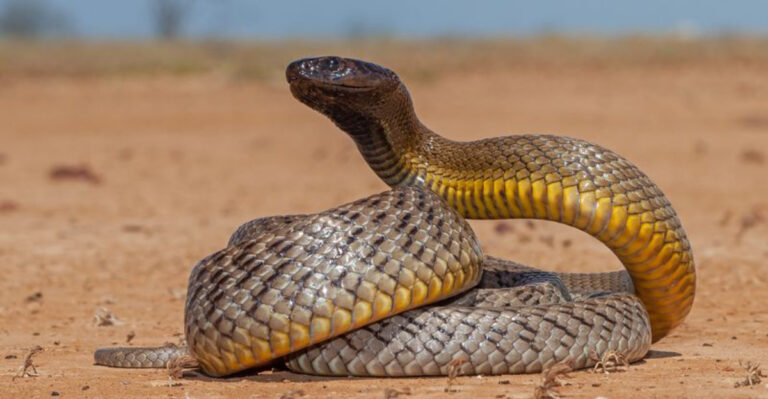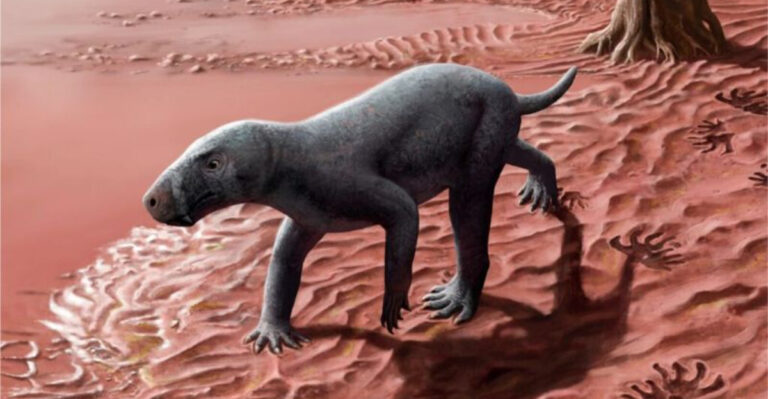What Do Chinchillas Eat? A Simple Guide To Keeping Them Healthy
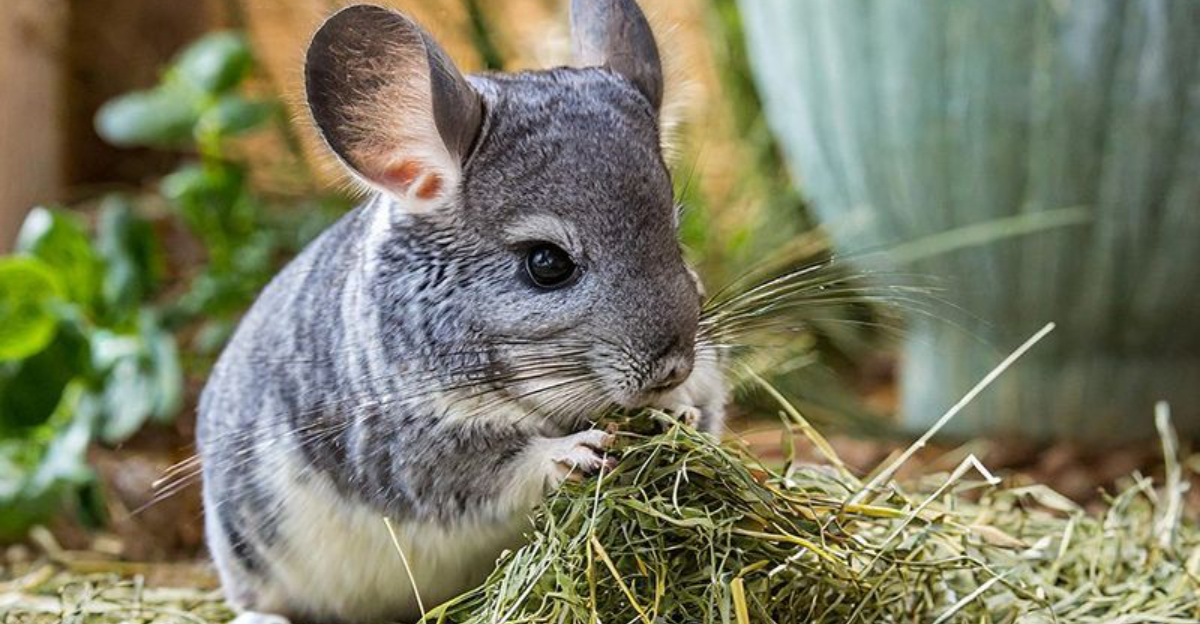
Keeping your fluffy chinchilla happy and healthy starts with proper nutrition. These adorable South American rodents have very specific dietary needs that differ from other small pets.
With their sensitive digestive systems and specialized teeth, chinchillas require particular foods to thrive and avoid potentially dangerous health problems.
Timothy Hay Is Their Daily Staple
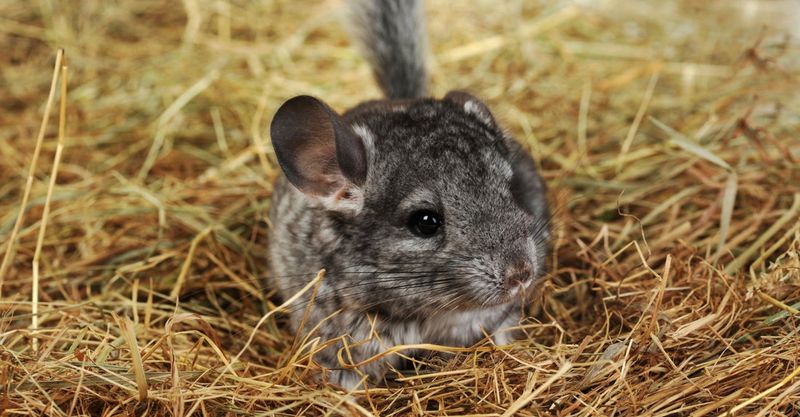
Chinchillas need constant access to timothy hay to maintain gut health. The coarse texture naturally wears down their continuously growing teeth while providing essential fiber for digestion.
A chinchilla should consume a hay pile roughly the size of its body daily. Without adequate hay, dental problems and digestive issues quickly develop.
Orchard Grass And Meadow Hay Are Great Alternatives
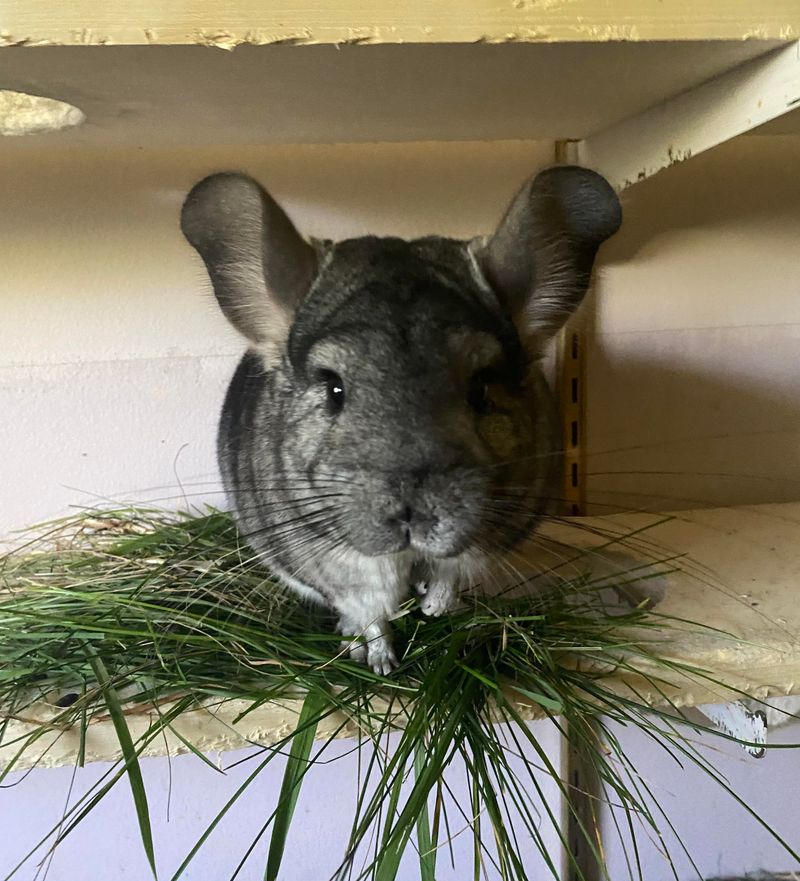
Variety prevents boredom while maintaining nutritional balance. Orchard grass offers a sweeter taste that many chinchillas prefer, while meadow hay contains diverse plant species.
Rotating hay types mimics their natural foraging behavior in the wild. Just remember to introduce new hays gradually to avoid upsetting their delicate stomachs.
Chinchilla Pellets Provide Balanced Nutrition
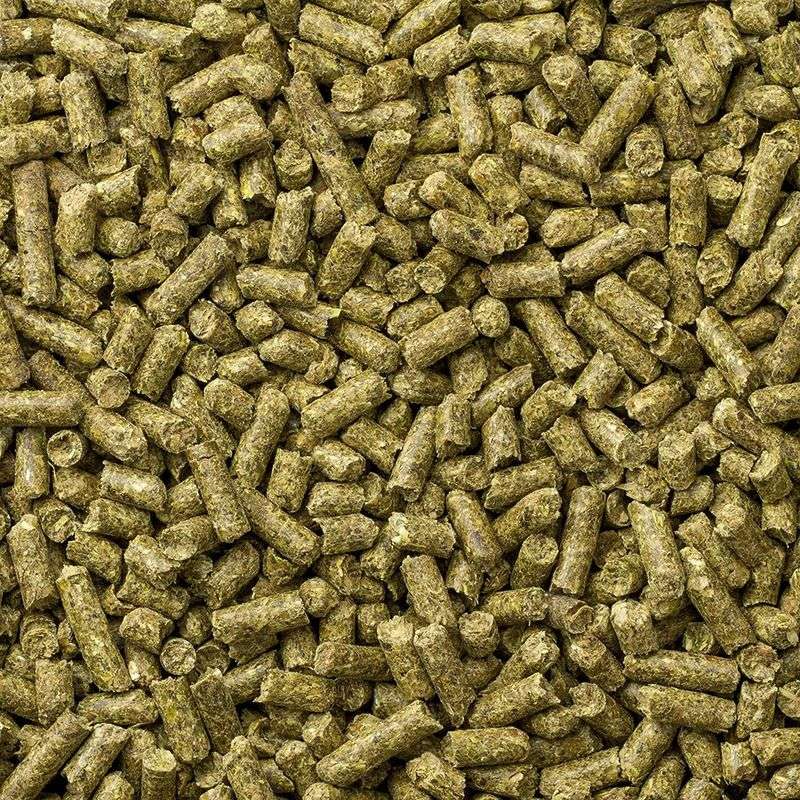
Look for pellets specifically formulated for chinchillas, not general rodent food. Quality pellets contain alfalfa, timothy hay, vitamins, and minerals in perfect proportions.
Limit pellets to 1-2 tablespoons daily to prevent obesity. Avoid colorful mixes with seeds, dried fruit, or corn – these additives can cause serious digestive problems.
Fresh Water Should Always Be Available
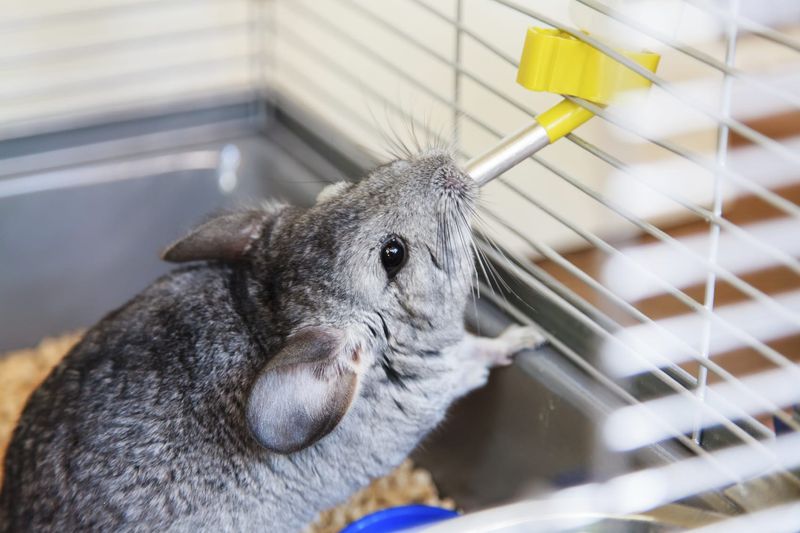
Chinchillas drink surprisingly little water, but access remains crucial for survival. Glass water bottles work better than plastic ones since chinchillas can’t chew through them.
Check the sipper tube daily for clogs or air bubbles that might prevent water flow. Dehydration can happen quickly in these small animals, especially in warm weather.
Avoid Sugary Fruits And Moist Veggies
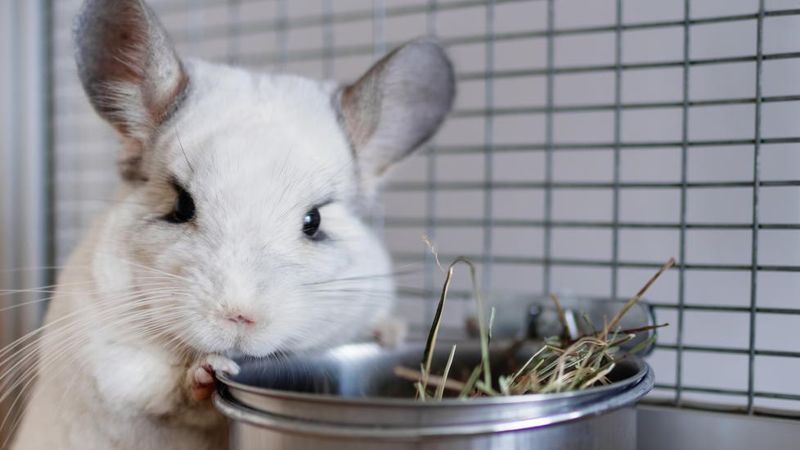
Chinchillas evolved in arid mountain regions eating dry vegetation. Their digestive systems simply can’t handle the moisture in fruits and vegetables like apples or carrots.
Even small amounts can cause dangerous bloating, diarrhea, or fatal digestive stasis. Those cute begging eyes might be hard to resist, but your chinchilla’s health depends on your willpower!
Herbal Treats Can Be A Healthy Option
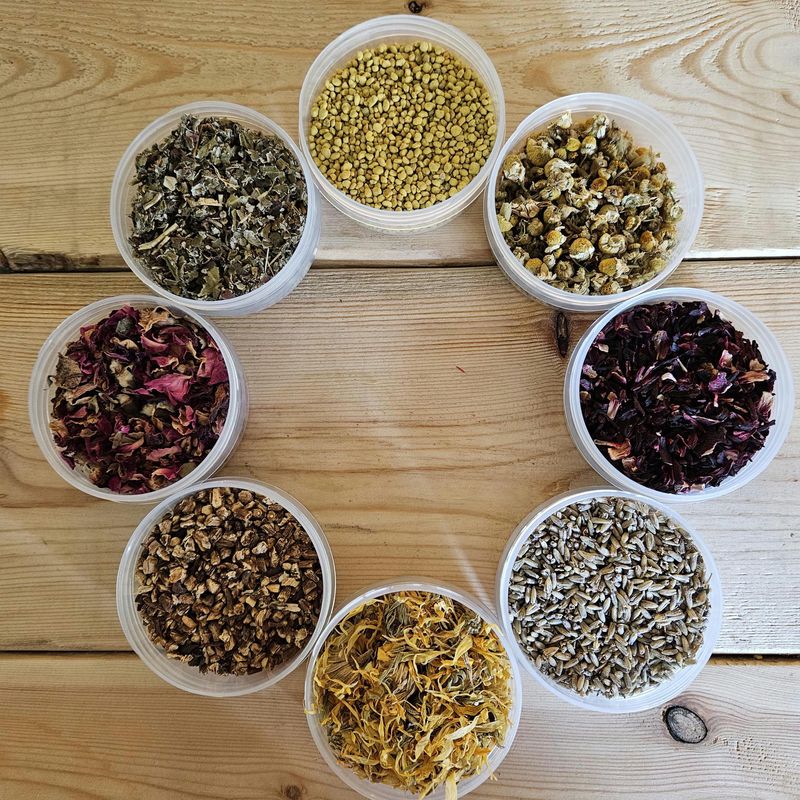
Dried herbs make perfect occasional rewards without the dangers of commercial treats. Rose hips provide vitamin C, while chamomile has calming properties that nervous chinchillas appreciate.
Limit treats to 1-2 small pieces a few times weekly. Herbs like marigold, echinacea, and dandelion leaf can support immune health when offered sparingly as part of a balanced diet.
Seeds And Nuts Are Too Fatty
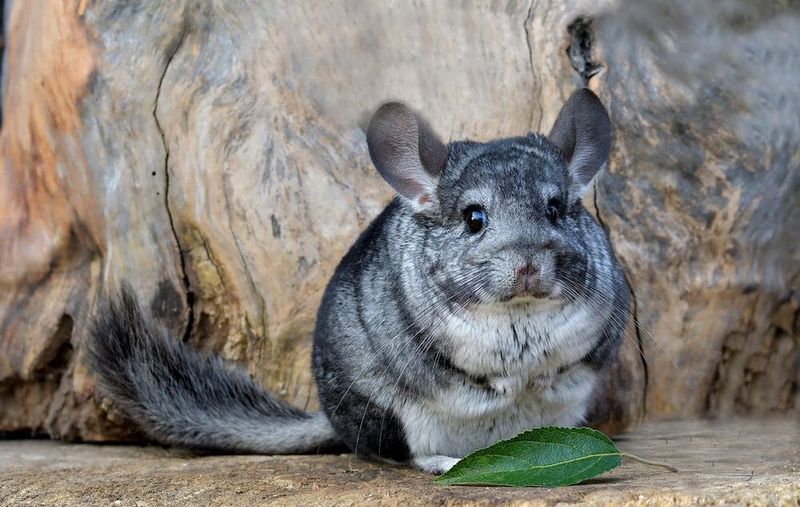
Those tiny bodies can’t process high-fat foods properly. Seeds and nuts that seem harmless can quickly lead to liver disease and obesity in chinchillas.
The fat content in just one peanut might equal a human eating several hamburgers! Chinchillas have evolved to thrive on high-fiber, low-fat diets, making seeds and nuts potentially dangerous despite their small size.
Safe Chews Help Maintain Dental Health
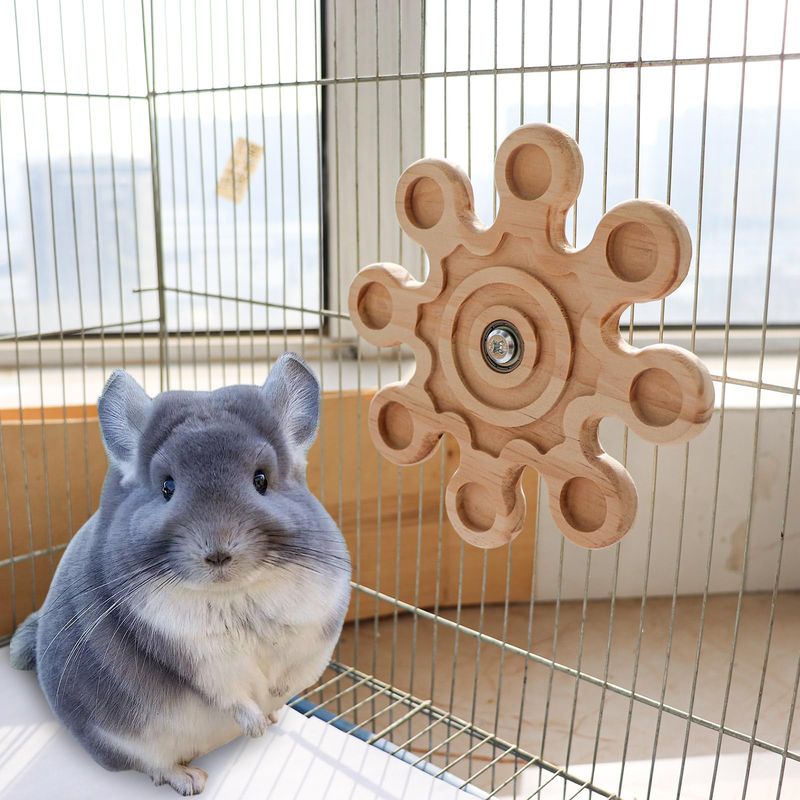
Chinchilla teeth grow continuously throughout their lives. Without proper chewing materials, painful dental problems develop quickly.
Applewood sticks, pumice blocks, and untreated pine provide safe gnawing opportunities. Avoid painted toys or softwoods like cedar that contain harmful oils. The constant chewing isn’t destructive behavior—it’s essential for their health!
Forage Mixes Offer Mental Stimulation
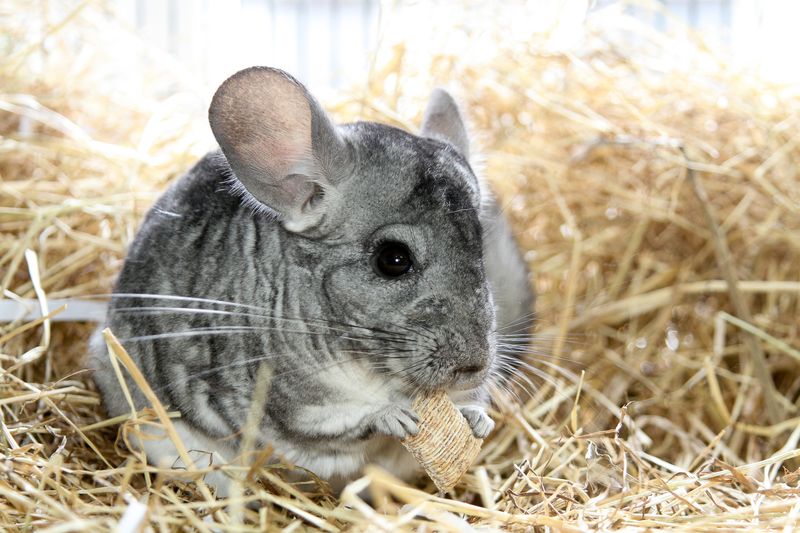
Wild chinchillas spend hours searching for food among rocks and vegetation. Forage mixes recreate this natural behavior, preventing boredom and cage aggression.
Sprinkle dried herbs, flowers, and hay varieties around their habitat. This encourages exercise and mental engagement while providing nutritional variety. Happy chinchillas are active ones with plenty to explore!
No Human Food – Ever
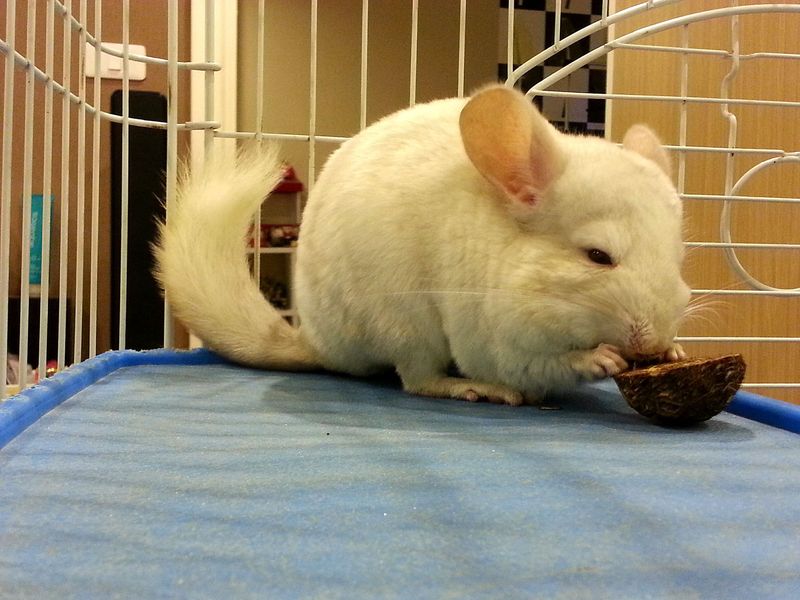
Your midnight snack could be your chinchilla’s last meal. Human foods contain sugars, fats, and preservatives that their specialized digestive systems cannot process.
Even foods considered healthy for humans like bananas or nuts can cause fatal bloat. The kindest way to show love isn’t sharing your cookie—it’s respecting their unique dietary needs and keeping human foods far away.
Avoid Sudden Diet Changes
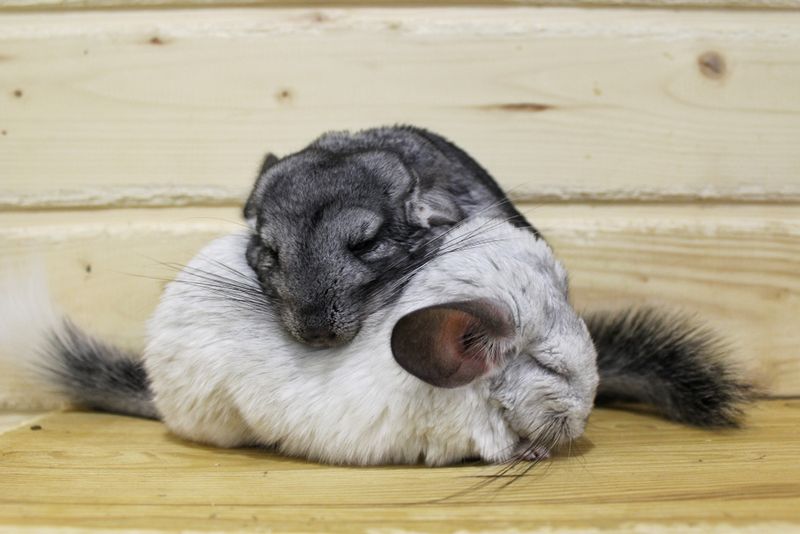
Chinchillas have incredibly sensitive digestive systems that rely on specific gut bacteria. Abrupt food changes disrupt this delicate balance, potentially causing life-threatening conditions.
When switching hay or pellet brands, mix the new food with the old gradually over 1-2 weeks. This slow transition allows their gut bacteria to adapt safely without digestive upset.
Supplements Are Rarely Necessary
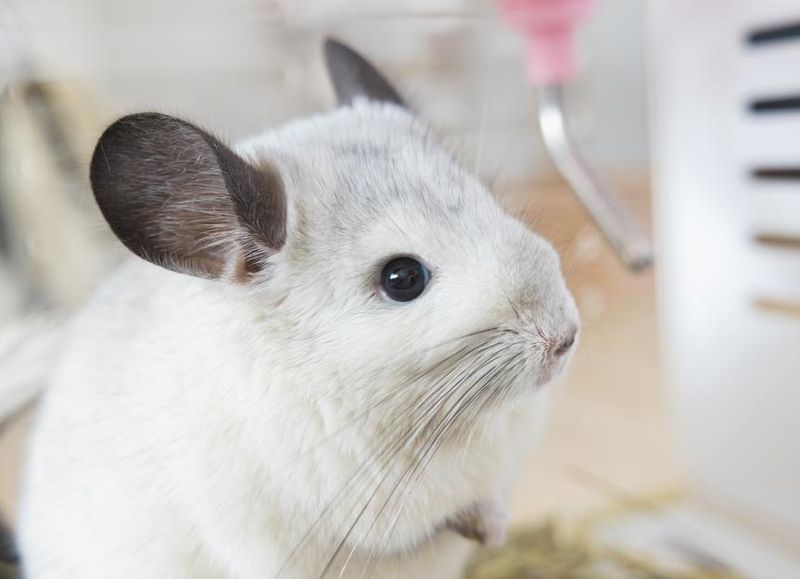
A properly fed chinchilla gets all necessary nutrients from quality hay and pellets. Random supplementation can actually create dangerous imbalances rather than helping.
Only use supplements when specifically prescribed by an exotic vet for diagnosed deficiencies. Even natural-sounding additions like vitamin drops can disrupt their finely-tuned nutritional balance if not truly needed.

